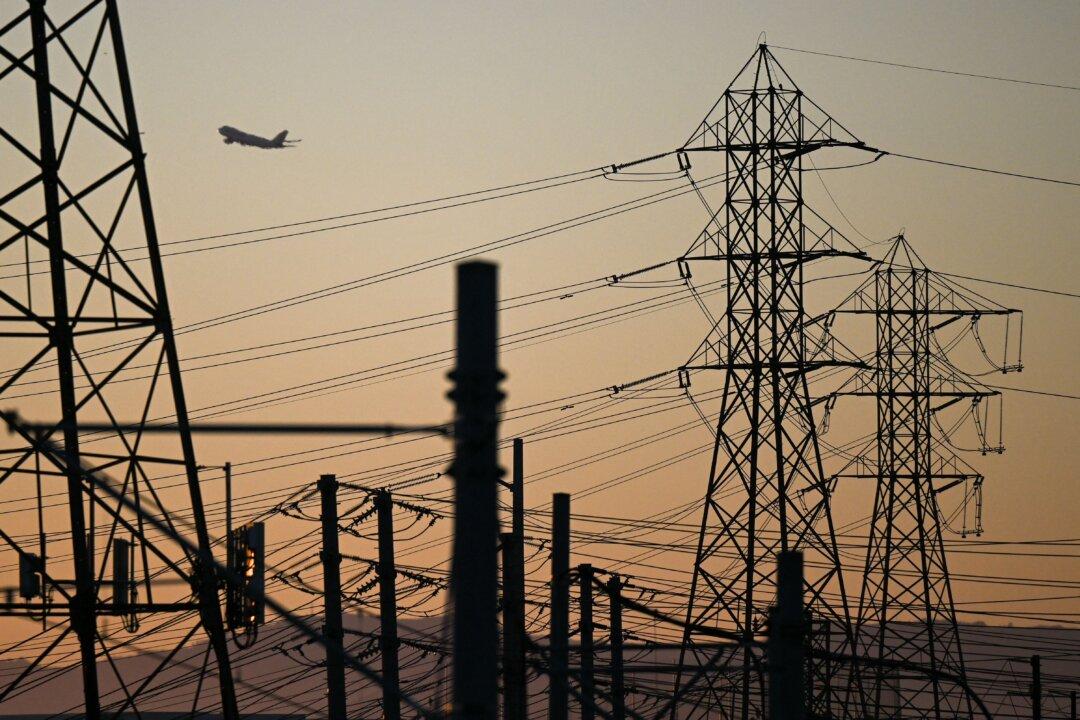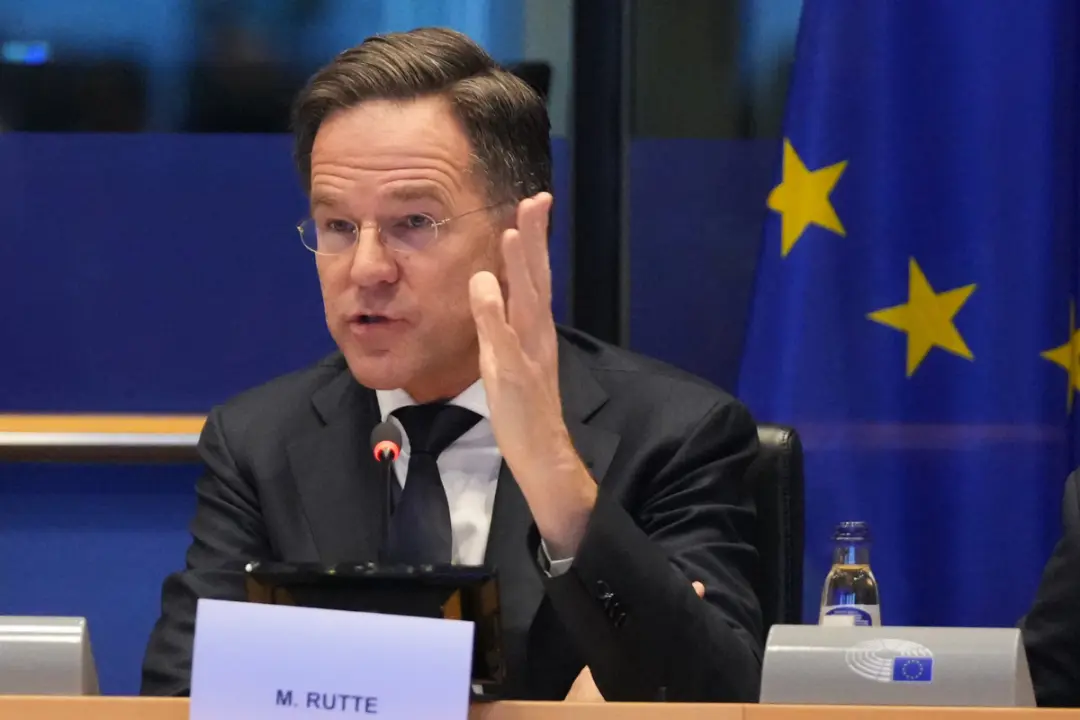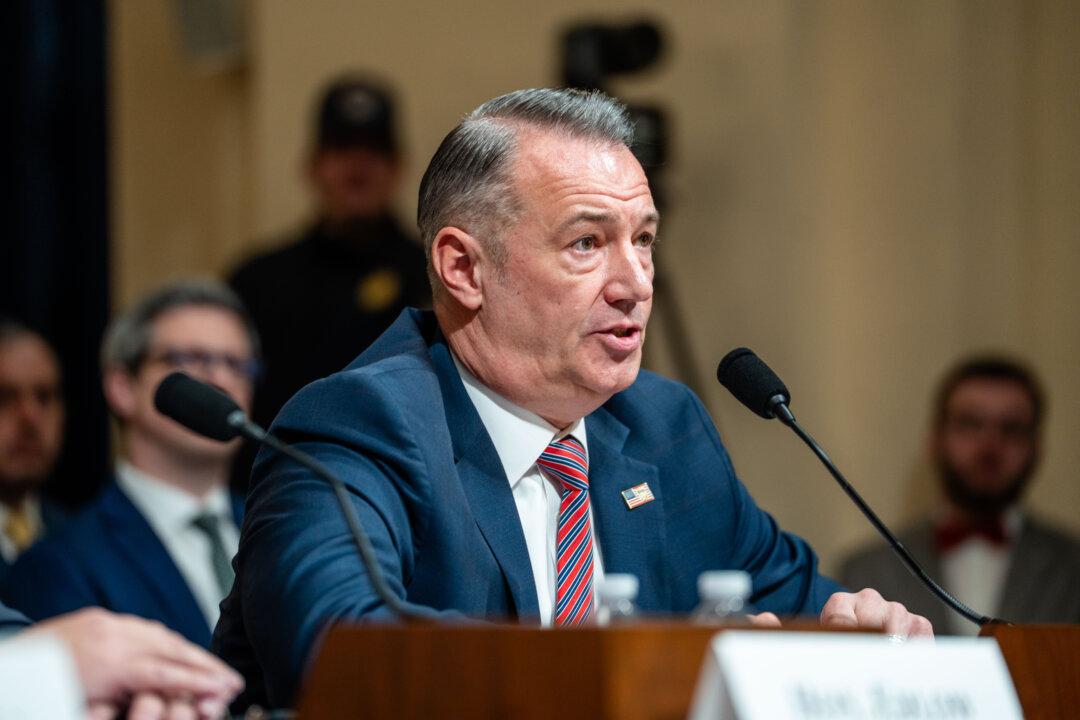A group of Democratic legislators in California submitted legislation Jan. 30 to repeal the state’s new income-based utility fees system that could cost most residents as much as $830 more each year.
California became the first in the nation to pass such a program in 2022 in an effort to lower bills for low-income residents.





